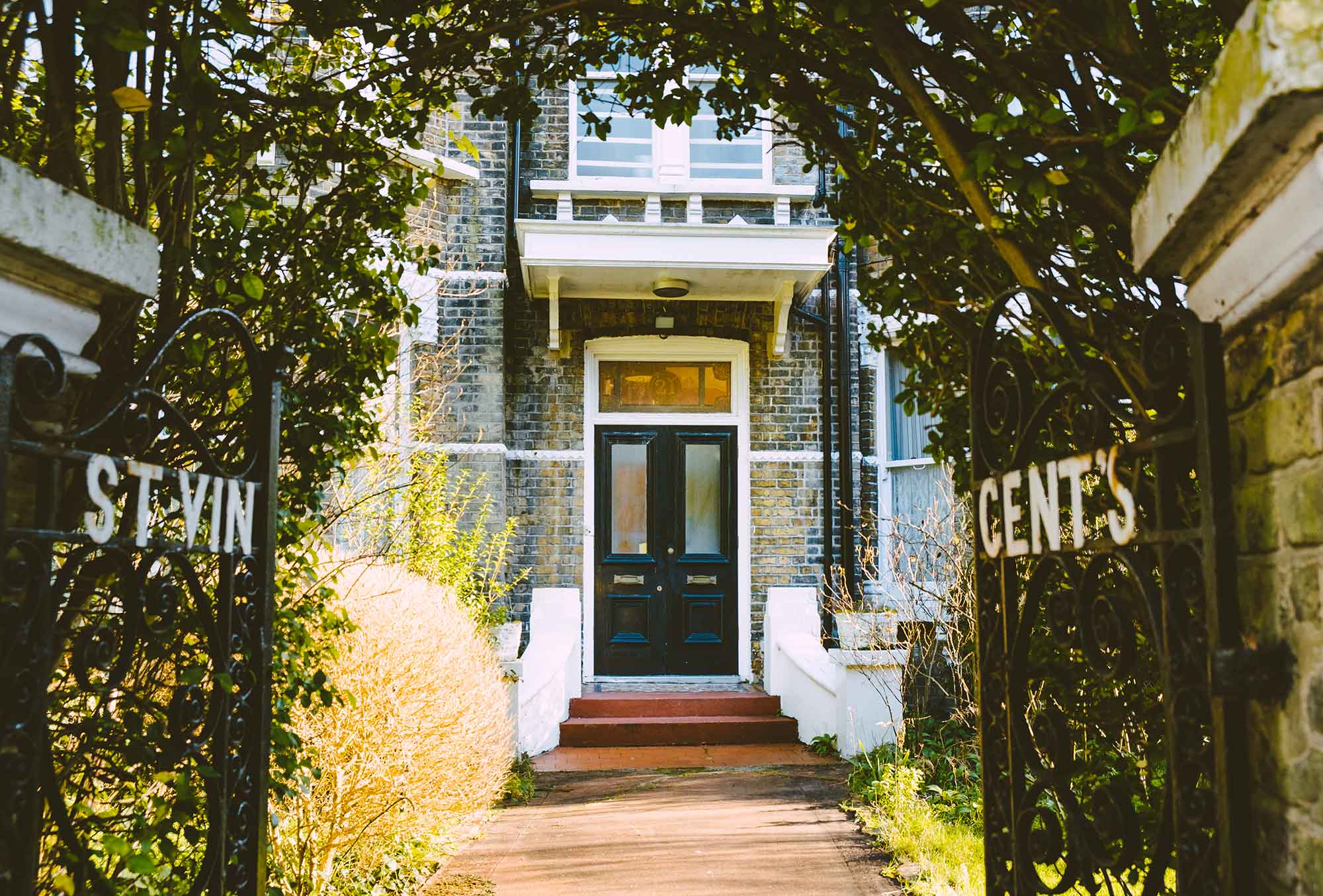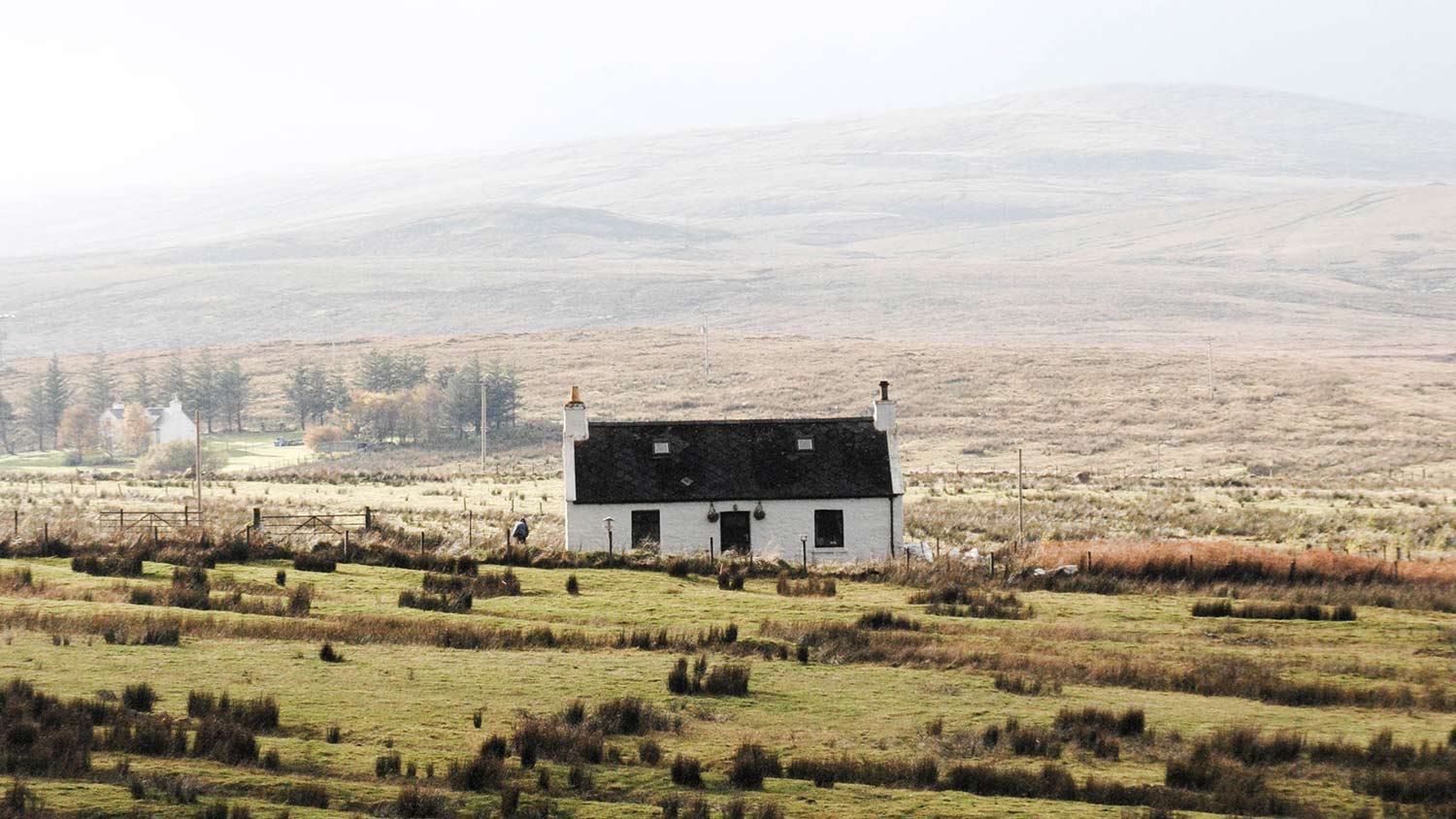Days
Hours
Minutes
Seconds
May 1 2026 - Renters' Right Act Commencement Day
You have 0 days to:
Serve any final Section 21 notices
Stop accepting above-asking rent offers
Prepare for the rental bidding ban
Remove “No DSS” from adverts
Remove “No Children” from listings
Show one clear rent price
Stop using fixed-term agreements
Switch to periodic tenancy templates
Check which tenancies go periodic
Stop taking rent before signing
Take no more than one month’s rent
Move all evictions to Section 8
Train staff on new notice rules
Create Section 13 process flow
Add two months to rent reviews
File court claims for Section 21s
Update landlord move-in grounds
Update landlord selling grounds
Send the RRA Information Sheet
Create written terms where missing
Update How to Rent processes
Review tenant screening questions
Update pet request processes
Stop backdating rent increases
Discuss rent protection backbooks
Act now before it is too late...
Your guide to the Scottish rent cap and moratorium on evictions
The temporary Scottish rent cap and pause on evictions will lift on 1 April 2024. Here is everything to know about this legislation.
The Goodlord team
Mar 28, 2024
The Scottish Government will lift its temporary rent caps and a pause (moratorium) on evictions on 31 March.
A rent cap has been set at 3% in most instances in Scotland, since April 2023. This was part of the emergency measures introduced under the Cost of Living (Tenant Protection) (Scotland) Act.
The Scottish government's programme for 2023/2024 has committed to introducing a new Housing Bill to deliver its strategy, "A New Deal for Tenants" - which may include a more long-term plan for rent controls in Scotland.
Goodlord experts predict that this lift in rent caps will result in an increase in rent costs over the coming months in Scotland.
This guide includes:
- What were the current rules under the rent cap?
- What were the conditions of the rent cap?
- When did the bill end?
- Were there any exemptions from the rent cap for landlords?
- What has been the impact of the rent cap?
- What was the moratorium on evictions?
- How was the rent cap enforced?
- How did this legislation affect student tenants in Scotland?
- Why was the bill introduced?
- What do our experts think?
What were the rules under the rent cap?
The Cost of Living (Tenant Protection) (Scotland) Bill 2022, including a rent freeze and moratorium on evictions, was in place from 6 September 2022 until the end of 31 March 2024. Any rent increase notices issued on or after 6 September 2022 were void - yet rent increases issued before this date are still valid.
From 1 April 2023, rent increases have been capped at 3% - although private landlords can apply to increase rents up to 6% to help cover certain costs. Enforcement of evictions will also continue to be "prevented", with certain exemptions.
The current rent cap only applies to the private rented sector, as a separate agreement was reached to keep rent increases below inflation for the next financial year in the Scottish social housing sector.
The government is currently considering making rent controls in Scotland a permanent feature, according to its Programme for Government 23/24.
What were the conditions of the rent cap?
The rent cap was applied to all existing private residential, assured, and short-assured tenancies.
Landlords could have reset rents between tenancies, yet any new tenants during that period entered into a new agreement knowing that they were protected from any rent increase.
While the rent cap is in place, landlords can't increase their tenant's rent by more than 3% of their current rent - aside from in certain set circumstances.
When does the bill end?
Scottish Government confirmed in September 2023 that the rent cap and moratorium will come to an end on 31 March 2024.
While technically the rent caps have ended, it does not mean that the controls on rent caps have ended. Now there is a new system that is more complicated which essentially rewrites how Rent Officers or the First-tier Tribunal can handle any disputes between landlords and tenants.
Now any adjudication can only be triggered if a tenant disputes the rent increases, which is then referred to the rent officer.
In the private rental sector, if the rent increase is disputed, the landlord can lodge an application with a rent officer within 21 days of receiving the notice.
You can find out further information on the Scottish Government website.
Were there any exemptions from the rent cap for landlords?
There was a scope for a landlord's "prescribed costs" to be considered for those eligible to make a rent increase. These included:
- Interest payable for the mortgage or "standard security" of the rental property
- Insurance premiums relating to the property - for example, landlords' insurance
- Service charges that are part of the contract with the tenant as part of the tenant's rent
Landlords still needed to apply to Rent Service Scotland to increase rents to cover up to 50% of the increased costs. Any increase was limited to a maximum of 6% until at least September 2023.
What has been the impact of the rent cap?
Propertymark data appears to suggest that the cap has not had the desired effect of making renting more affordable for tenants.
Fifty percent of its Scottish agents reported higher rents month-on-month in April 2023, while the number of properties available dipped in May 2023 versus May 2022.
Combined with rent price data, Propertymark says that "landlords in Scotland are increasing rents between tenancies to cover their costs and anticipated costs due to a fear of ongoing rent control legislation.”

What is the moratorium on evictions?
The moratorium for evictions didn't stop a landlord from taking steps to apply to the courts for an order to evict a tenant. However, like the emergency rent caps, the prevention to enforce evictions has now come to an end.
There were exemptions on the moratorium that included:
- Evictions for "antisocial behaviour, criminality, tenant abandonment and where a lender intends to sell the property
- If a landlord intends to sell the let property to alleviate financial hardship
- Where a landlord plans to live in the property due to financial hardship
- Substantial rent arrears of six months’ rent
If the proceedings for an eviction order started before 6 September 2022, the restrictions don't apply.
How was the rent cap enforced?
Tenants were able to refer a rent increase to a Rent Officer to confirm if it was in line with the rent cap. This was used in instances where rent included energy costs, for example, and was therefore not straightforward.
For any unlawful eviction, the bill will amend the Housing (Scotland) Act 1988 to assess damages based on a "multiplication of the monthly rent".
How did this legislation affect student tenants in Scotland?
The new policy document highlights that a large number of students in Scotland live in halls of residence and purpose-built student accommodation - 47,500 in a typical year.
While there was reassurance from the Government that there would be no increased rents mid-tenancy, there was still a cap on student rents from April 2023 to September 2023.
The new measures were applied to student accommodation providers, to give more assurance to student tenants that their rent will not increase mid-tenancy.
Why was the bill introduced?
The new bill aims to respond to the "emergency situation caused by the impact of the cost crisis on those living in the rented sector in Scotland."
The measures aim to help stabilise housing costs for tenants, reduce the impact of evictions or being made homeless on the health and wellbeing of tenants, and help avoid evictions by landlords who want to raise rents between tenancies.
What do our experts think?
Oli Sherlock, Managing Director of Insurance, Goodlord
“Under the current rules, which came into force last April, landlords in Scotland can only increase rents on current tenancies by up to 3% (unless given special permission). However, after the 31st March, this cap will be lifted. This will mean rental costs will be back in the control of landlords, 18 months after the first market control measure - a rental price freeze - was introduced in September 2022.
“We can expect to see a range of repercussions as a result. Firstly, tenants should brace themselves for a jump in rents. Over the last 18 months, lots of landlords will have seen their mortgage costs shoot up, so will be looking to recalibrate rental prices. This is likely to spark a ripple effect across the market, as renters give notice and seek out new, cheaper places to rent. This will see regional prices averages shift around and particularly affect demand outside of city centres. In addition, we may see the chatter around landlord exodus reduce - the lifting of this restriction could encourage wavering landlords to stick around and not sell up, which is positive for the market overall.”
Lauren Hughes, Director of Customer Success Vouch
“There’s been a huge amount of attention paid to the rise in rents across England over the last two years. In contrast, the Scottish market has been ‘on ice’ in many respects. In England, rents have been 9% higher over the last 12 months compared to the previous 12. That’s a big increase in real terms for tenants and one that Scottish renters have been effectively shielded from if they’ve been on the same tenancy since the cap was introduced. But the market pressures have been rising behind the scenes, and the removal of the rental cap will likely accelerate a big increase in average rents.”
This article is intended as a guide only and does not constitute legal advice. please visit parliament.scot for more information.








